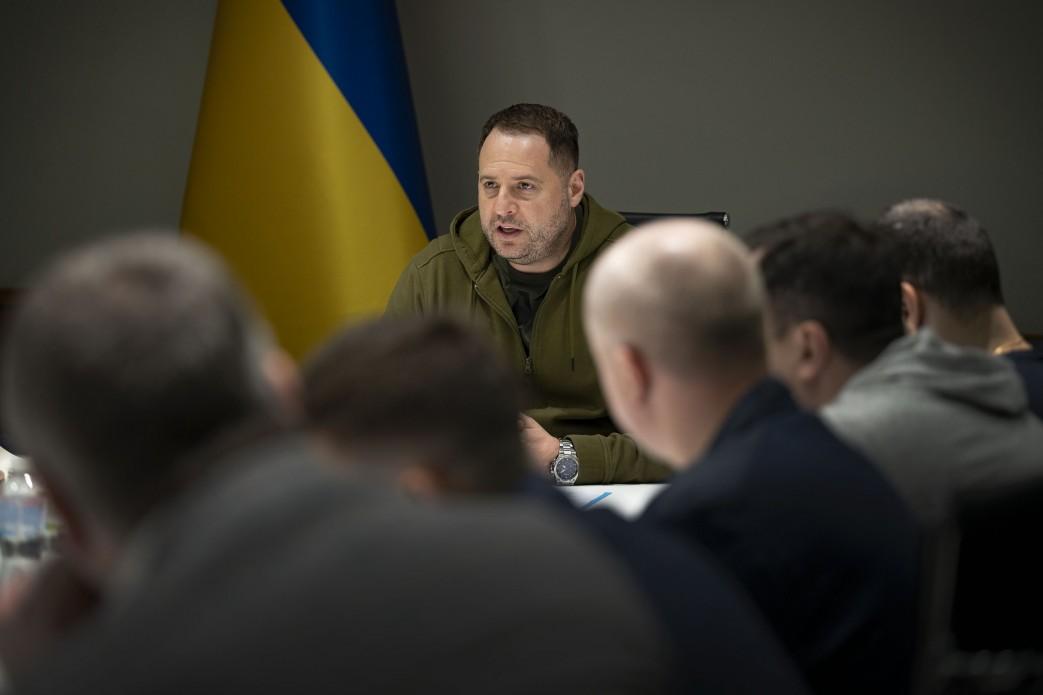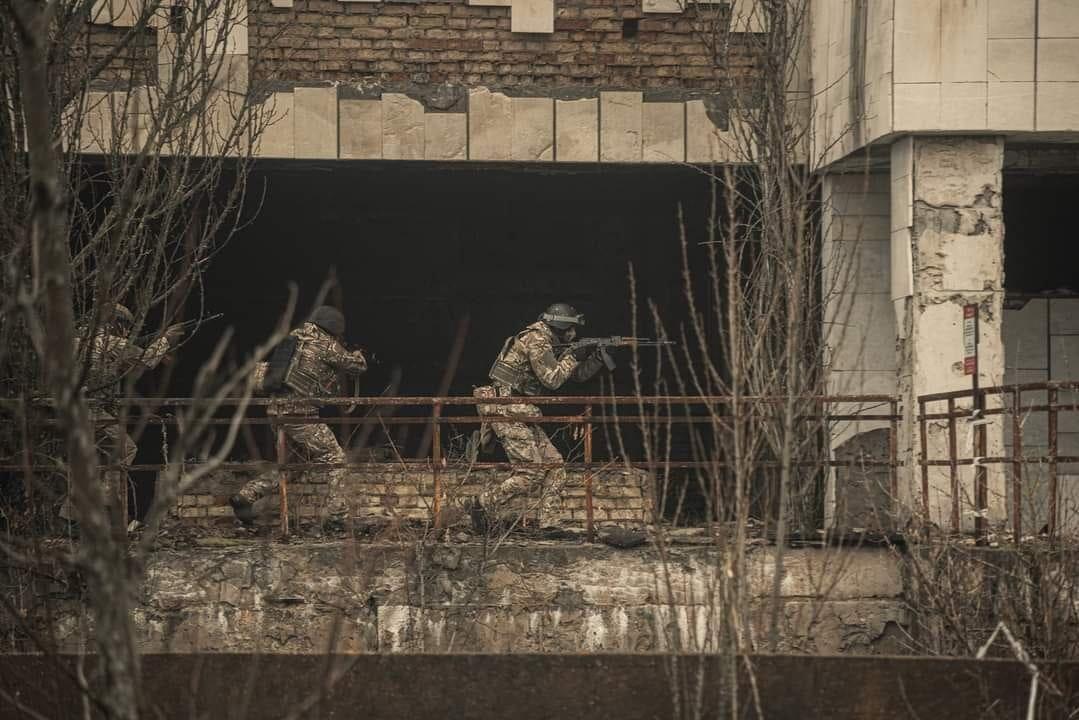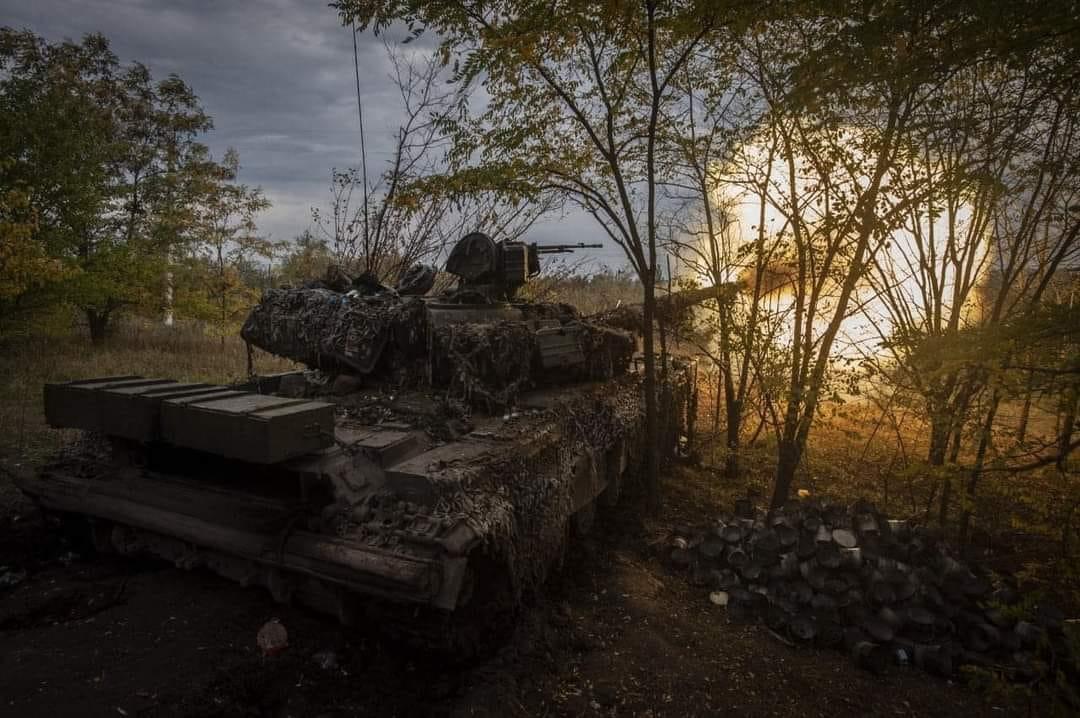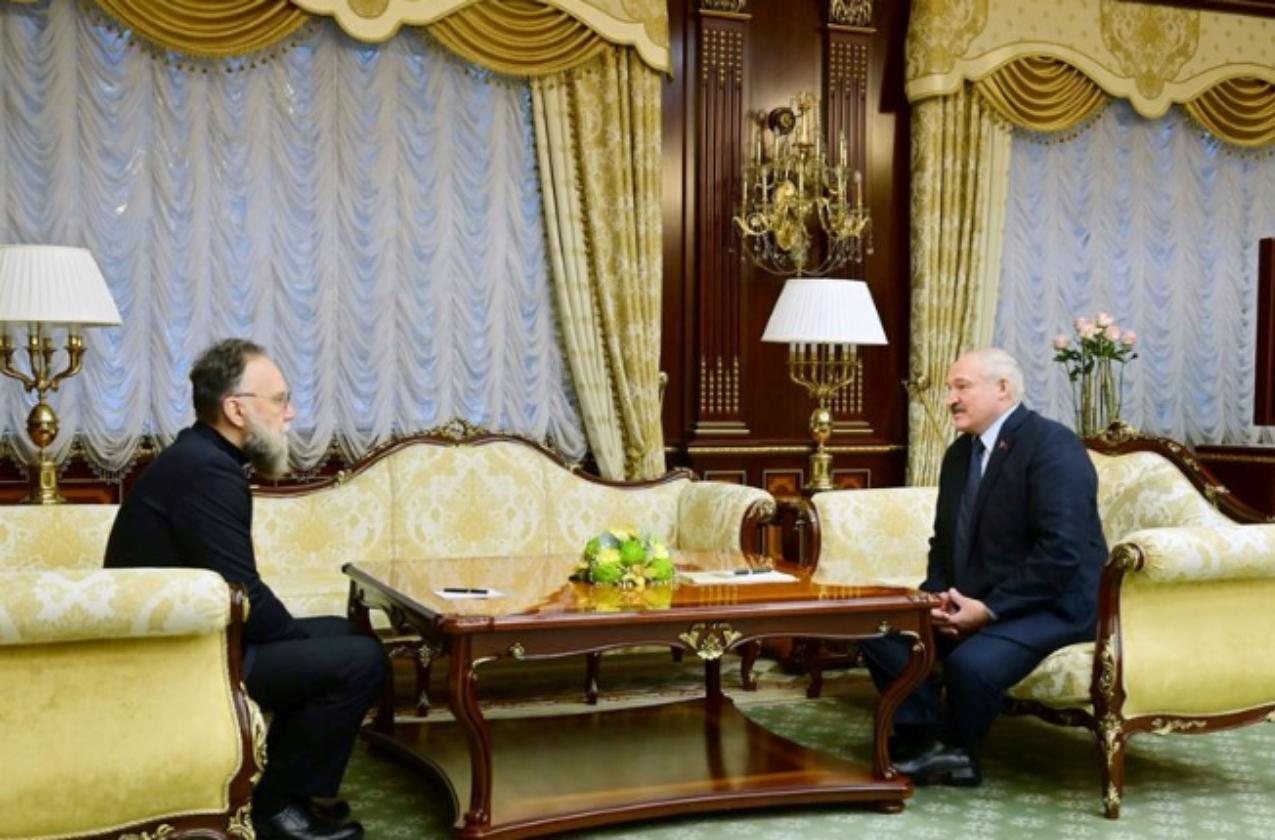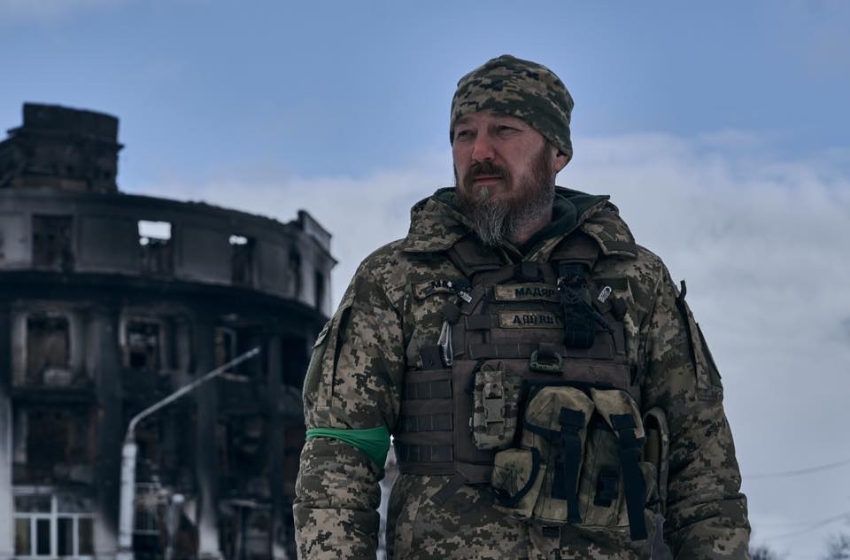Study conducted by Yermak-McFaul International Expert Group jointly with KSE experts
The International Working Group on Russian Sanctions led by Head of the Office of the President of Ukraine Andriy Yermak and Director at the Freeman Spogli Institute for International Studies (FSI), Ambassador Michael McFaul, together with experts from the Kyiv School of Economics, published a study of the impact of sanctions on the Russian economy over the past year. The key conclusion made by the experts is that the sanctions are working, but there are opportunities to toughen them.
The authors of the study agree that the impact of the sanctions burden on the Russian economy, in particular on its trade and the public sector, continues to intensify. First, it is caused by the introduction of export restrictions on Russian energy, in particular oil and natural gas. The experts believe that 2023 may become a turning point in the economic impact on the aggressor country.
"Sanction pressure on Russia will definitely affect its further potential of waging war, which is confirmed by the data of the joint study. Even the official sources of the Russian Federation recognize the deterioration of key macroeconomic indicators in 2022: a decline in GDP, an increase in inflation and unemployment, a reduction in investment, etc. It proves the relevance of the strategy chosen by Ukraine and its allies to influence the aggressor. At the same time, there are still opportunities for further strengthening of pressure," Yermak said.
According to the study, the effect of the sanctions had significant inertia and is now having a substantial impact on the Russian economy. The surplus of the current balance of payments is shrinking significantly (60% down for the period from the second to the fourth quarter, and the data for December-January indicate the strengthening of this dynamics), and in 2023, it will be $63 billion (compared to $227 billion in 2022) and may continue falling. There is also a depreciation of the ruble and an increase in inflation: starting from November 2022, the ruble has lost 20% of its value, which creates the conditions for an increase in consumer prices. Because of the war, Russians become poorer and lose access to quality goods and services. Liquidity constraints are also having an impact: every month, the war takes away from the Russian budget $8-9 billion covered by the National Welfare Fund (NWF). At this pace of spending funds, the Kremlin will lose the entire liquid part of the NWF by late 2023.
Receipts from oil and gas trade – a key driver of the Russian economy, including the military budget – will plunge by nearly 50% this year. And in the long term, the situation for Russia's oil and gas industry will look even more depressing. The irreversible loss of the most stable and solvent markets, the technology gap, and the multiplier effect that will affect the supply chain (tanker transportation, port services, pipeline transport) – all this will only speed up the collapse of the heaviest "wallet."
"By putting pressure on the oil and gas sector, we hit the aggressor in the very heart, bleeding off its potential. Statistics clearly reflect this influence. If in 2022 the key component of export revenues was the sale of oil and gas ($350 billion from the total trade balance of $540 billion), now we see a 46% drop in revenues from the sale of oil and gas," Yermak added.
At the same time, the sanctions regime is still far from exhausting its potential and needs constant updating and improvement. Further steps towards new sanctions restrictions must be applied at the principle of determination, integrity and inclusiveness to ensure as much as possible impact and prevent circumvention.
As the head of the Office of the President of Ukraine said, Russia still has sufficient resources to continue the war, so the speed of the cessation of hostilities depends on the strength of the imposed sanctions.
"Reducing the price caps for Russian energy, in particular for oil, avoiding exceptions for public corporations directly involved in aggression against Ukraine, such as Rosatom, ensuring proper control over compliance with already existing sanctions and resolutely opposing their circumvention – these are the work priorities of the International Working Group," Yermak said.









